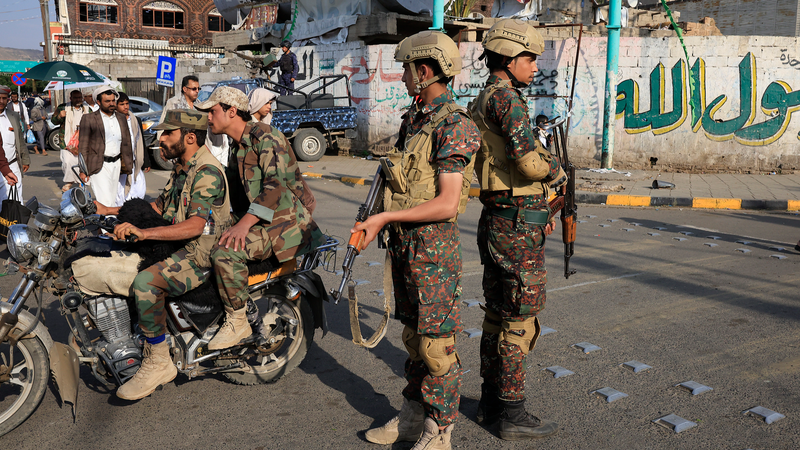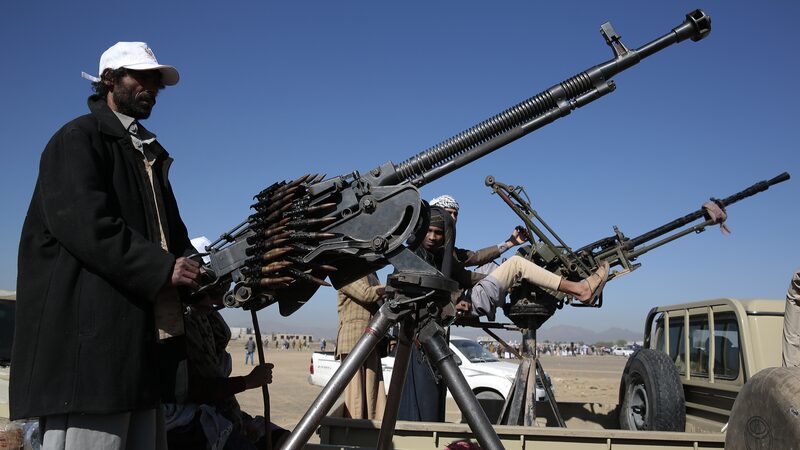The U.S. and UK’s recent airstrikes on Houthi targets in Yemen have thrown the Red Sea into the global spotlight. 🔍 After months of attacks on commercial ships, Washington re-labeled the Houthis as a terrorist group—but the Iran-backed militants vow to keep fighting until Israel’s Gaza offensive ends. 💥 “This isn’t just about Yemen,” says Prof. Robert Kelly of Pusan National University. “The Houthis see themselves as part of a regional resistance against Western influence.”
Why It’s Complicated
The Houthis control much of northern Yemen, including strategic Red Sea coastlines. 🗺️ While their attacks disrupt global shipping, Foad Izadi of the University of Tehran argues Western retaliation could backfire: “Military strikes often rally local support for groups like the Houthis. It’s a cycle that’s hard to break.”
Can Diplomacy Work?
Wang Jin, a Chinese scholar, suggests the UN and regional powers like Saudi Arabia must push for Gaza-focused solutions to ease tensions. 🌍 But Prof. Glenn Diesen warns: “The U.S. and Houthis are speaking different languages—one about security, the other about solidarity with Palestinians.”
As cargo ships reroute and oil prices wobble, the world is left wondering: Will this become another forever war? 🤔
Reference(s):
cgtn.com







